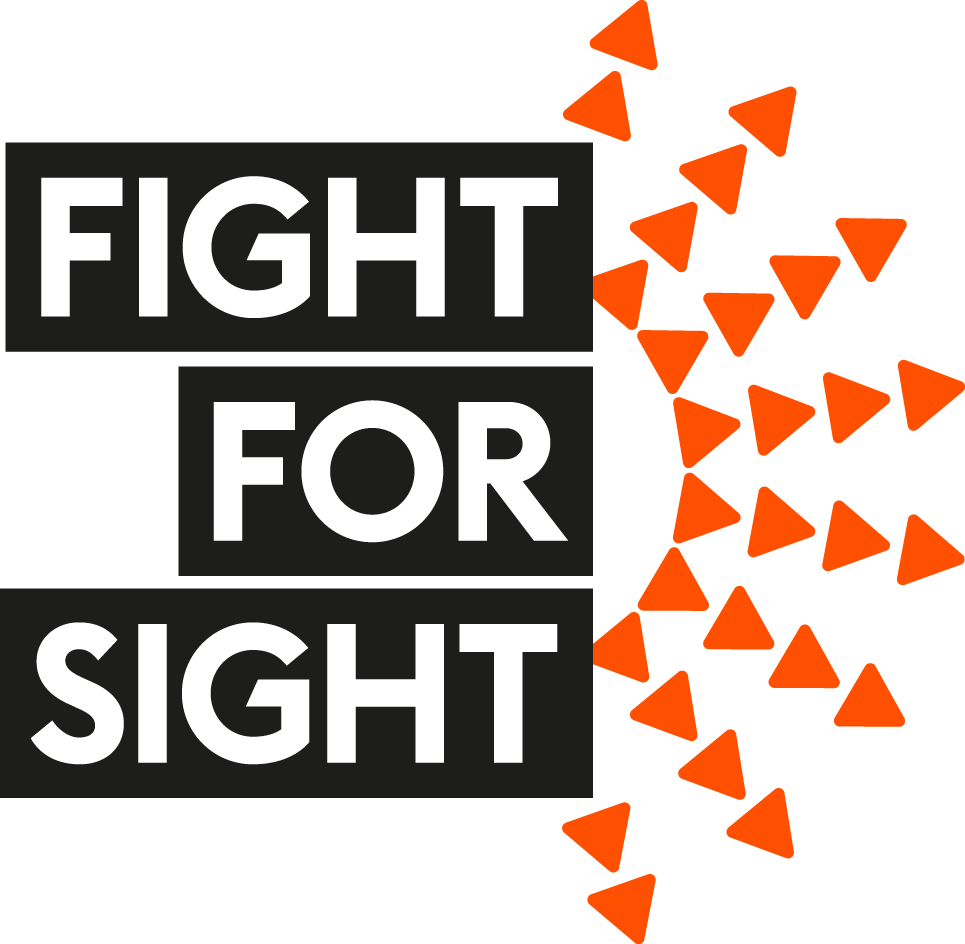Data published from the first Phase 3 gene therapy clinical trial for an inherited retinal disease
Spark Therapeutics, a gene therapy company, has announced the success of the Phase 3 clinical trial for a treatment for an inherited retinal disease (IRD). This represents the first ever Phase 3 gene therapy clinical trial for a genetic disease.
Recently published in the Lancet, a highly ranked peer-reviewed journal, the results illustrate how a new gene therapy drug called Voretigene Neparvovec could treat patients with vision loss caused by RPE65 gene mutations.
IRDs are a group of eye diseases caused by mutations in different genes. Over 200 different genes have been identified which lead to sight loss. There are currently no treatments available.
Mutations in the RPE65 gene are associated with two main types of IRDs – retinitis pigmentosa (RP) and Leber’s Congenital Amaurosis (LCA) where the mutation accounts for 2% and 6-16% of diagnoses respectively.
People with RP normally start by experiencing loss of peripheral vision and night blindness and progress to losing central vision. Symptoms normally start between the ages of 10 and 30. The symptoms of LCA tend to start much earlier with severe sight impairment from birth or shortly thereafter.
Data from the Spark Therapeutics trial revealed an improvement in functional vision (independently performing visual daily tasks), light sensitivity, and visual field in participants, with no serious side effects.
In England, NICE has published a draft scope and remit to appraise the clinical and cost effectiveness of Voretigene Neparvovec. The consultation closes on 16 August. Fight for Sight will be responding to this consultation and will be attending the scoping workshop to be held in September.
The U.S Food and Drug Administration (FDA), has now accepted Voretigene Neparvovec for priority review. This status is only granted to solutions deemed to offer significant improvements over existing therapies or a treatment where no satisfactory treatment exists.
UPDATE
The Cellular, Tissue, and Gene Therapies advisory committee for the FDA, has given a strong recommendation for the approval of Voretigene Neparvovec (tradename Luxturna).The drug was recommended for approval with a vote of 16-0. The committee provides independent advice to the agency, however the final decision is made by the FDA. The final decision is expected by January 2018.
Link to The FDA advisory committee briefing document.


